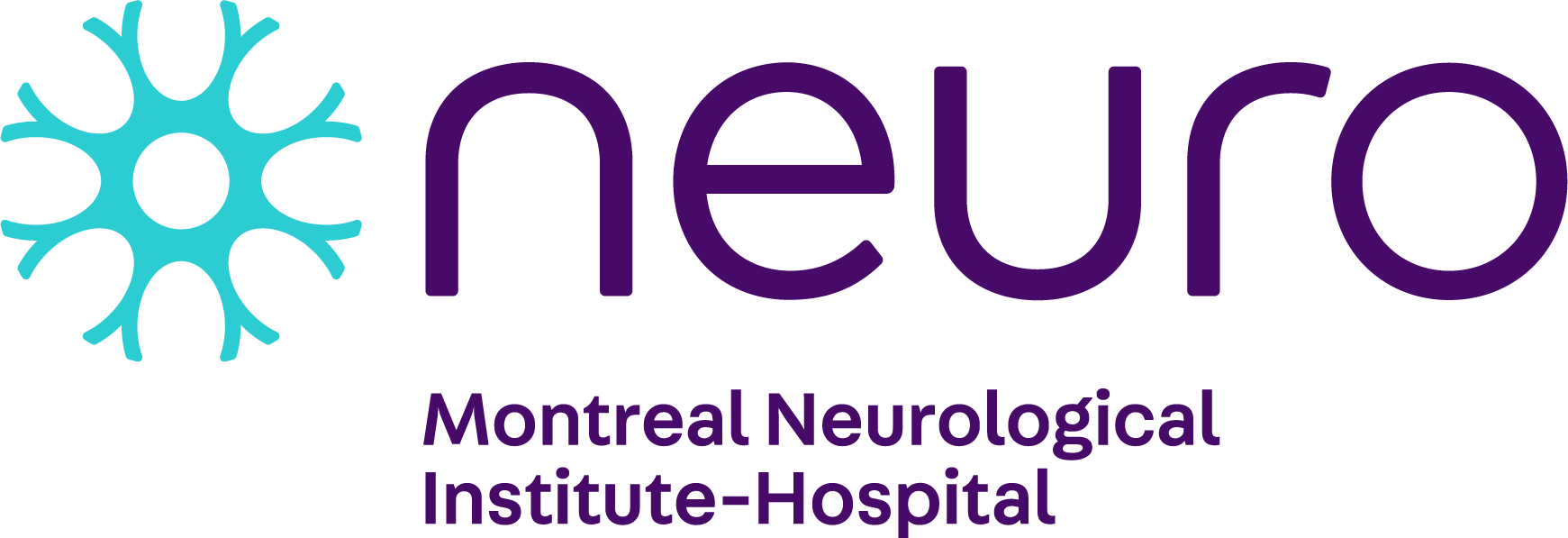Special Feindel Workshop: Communicating your research: Tips and strategies for writing an empirical paper
¸é±đ˛µľ±˛őłŮ±đ°ůĚý.
Watch virtually .
Nathan Spreng
Director, Laboratory of Brain and Cognition, The Neuro, Canada
Professor, Neurology and Neurosurgery, Ć˝ĚŘÎ岻ÖĐ, Canada
Abstract:ĚýKnowledge dissemination is integral to the work of a scientist. Empirical papers, conveying novel scientific discoveries to the broader research community, are the fundamental units of scientific communication. Crafting empirical findings into a publication-ready manuscript can be a daunting task, particularly for new or early-career stage research trainees. In this talk, I will provide step-by-step advice on how to write that essential first draft of a manuscript. This 11 step guide walks through each section of a manuscript, making writing objectives manageable and concrete. In following this process, unending analyical rabbit holes, momentum crushing knowledge insecurity, and blood-from-a-stone paralysis can be avoided. The outcome will be a logically structured, not too terrible, but complete draft of a manuscript you can hand over to your advisor or collaborator so you can get some needed rest. With a few rounds of editing, everything will be ship-shape and ready to submit. It’s going to be okay. An outline of the 11 steps is ready to download .
Bio: Dr. Nathan Spreng is a full professor and the director of the Laboratory of Brain and Cognition at the Montreal Neurological Institute in the Department of Neurology and Neurosurgery at Ć˝ĚŘÎ岻ÖĐ. His research examines large-scale brain network dynamics and their role in cognition. Currently, he is investigating the links between memory, attention, cognitive control, and social cognition and the interacting brain networks that support them. He is also actively involved in the development and implementation of novel multivariate statistical approaches to assess activity and interactivity of large scale brain networks. His work adopts a network neuroscience approach to investigating complex cognitive processes as they change across the lifespan, both in normal aging and brain disease. Nathan is the author of over 120 publications, including many where he was on the hook to write the first draft.
The Feindel Brain and Mind Seminar Series will advance the vision of Dr. William Feindel (1918–2014), Former Director of the Neuro (1972–1984), to constantly bridge the clinical and research realms. The talks will highlight the latest advances and discoveries in neuropsychology, cognitive neuroscience, and neuroimaging.
Speakers will include scientists from across The Neuro, as well as colleagues and collaborators locally and from around the world. The series is intended to provide a virtual forum for scientists and trainees to continue to foster interdisciplinary exchanges on the mechanisms, diagnosis and treatment of brain and cognitive disorders.
Ěý



